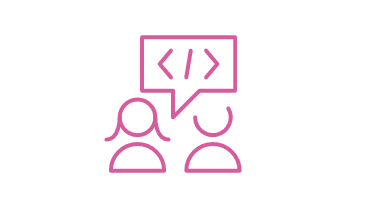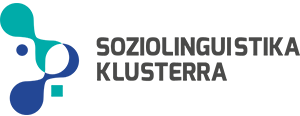
Towards Digital Language Equality
Language Technology (LT) is one of the most important AI application areas with a fast-growing economic impact. Current LT (NLP, Speech, Multimodal, etc.) supports many advanced applications which would have been unthinkable only a few years ago. In fact, the LT community in multiple sectors (Machine Translation, Text Analytics, Speech, Language Resources, etc.) is developing powerful new deep learning techniques, tools and large multilingual pre-trained language models that are revolutionizing many language-related tasks and supporting improved ways of communicating, including across languages.
Unfortunately, most of the tools and resources are not equally available for all languages and domains. Although LT has the potential to overcome the linguistic divide in the digital sphere, most languages are often neglected in this regard. A growing concern is that due to unequal access to these resources, only a small set of large IT companies and elite universities lead modern LT development (Ahmed and Wahed, 2020).
To unleash the full potential of LT and ensure that no users of these technologies are disadvantaged in the digital sphere because of the language they use, we should facilitate long-term progress towards multilingual, efficient, accurate, explainable, ethical, fair and unbiased language understanding and communication. In short, we must ensure transparent Digital Language Equality (DLE) in all areas of society: from government to business to citizens.
In this workshop, we would like to address the international, national, regional and local policies, initiatives, projects, studies and research that target DLE, such as models and tools that monitor, measure, catalogue or visualize the evolution and dynamics of DLE, technological factors, (e.g., the available language resources, tools and technologies) and situational context factors (e.g., societal, economic, educational, industrial) that may affect DLE. In addition, we will explore recent advances in Natural Language Understanding (NLU) towards DLE, including cost-efficient resource acquisition, processing and annotation, both monolingual and cross-lingual (such as annotation transfer), multilingual and cross-lingual modeling techniques (transfer learning), zero-resource, zero-shot models, etc.
